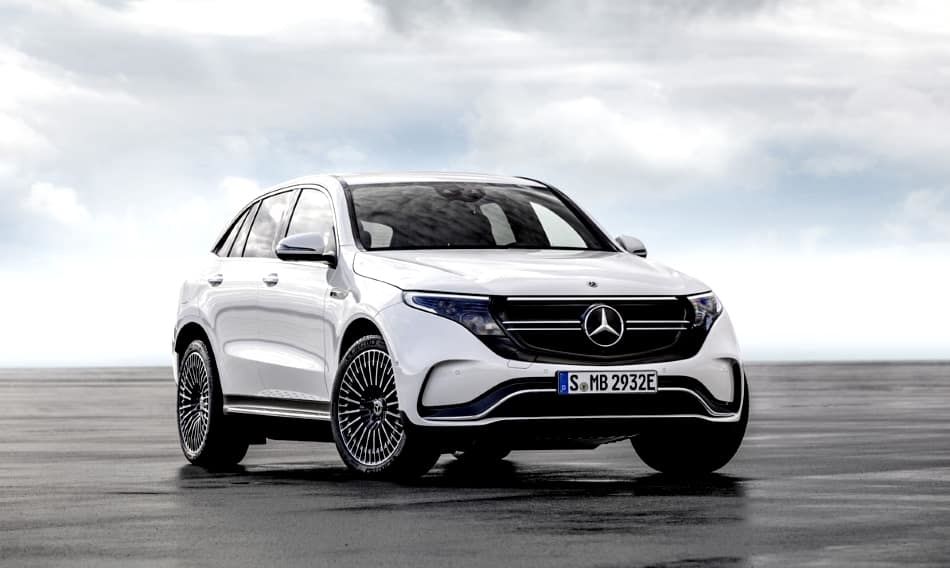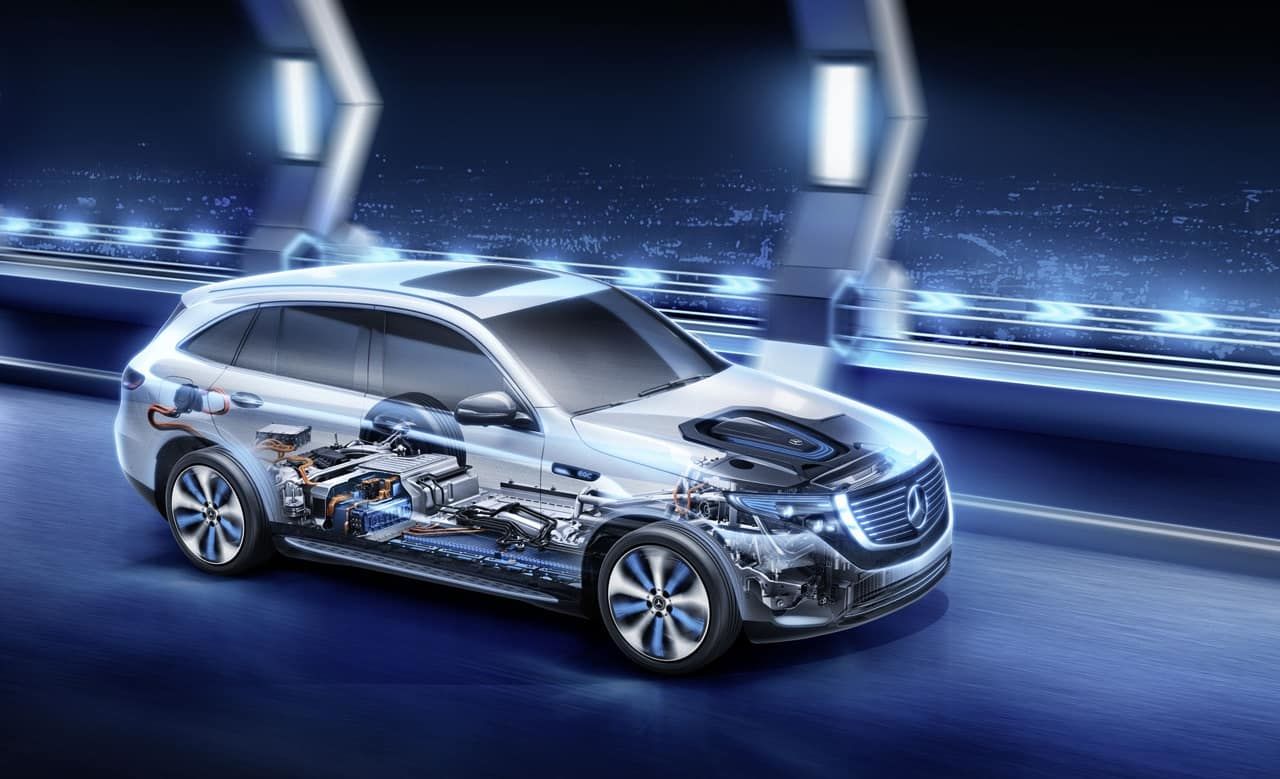Mercedes targets “Carbon Neutral” model line by 2039..
June 03 2019, Trevor Hofmann

Mercedes expanding its lineup of 48-volt hybrid, plug-in hybrid and EV models.
Even though 2020 is closing in quickly, the year 2039 still sounds like a far distant future. Still, as anyone who’s been on this earth for long enough knows, time flies when you’re having fun.
Mercedes-Benz owners are well versed in having fun thanks to one of the most diverse model lineups in the luxury sector. From sporty compact models like the new A-Class and well-seasoned GLA, to modern-day icons like the S-Class, GT Roadster, and G-Class, not to mention ultra-powerful AMG versions of nearly every model on offer, no competitor does performance, or luxury, as comprehensively, but Mercedes’ parent company Daimler AG wants to build on its past by creating a much more sustainable future.

The automaker already targets green initiatives with 48-volt mild hybrid EQ-Boost-infused models like the CLS, E-Class Coupe, E-Class Cabriolet and upcoming GLE 580 4MATIC, plus plug-in hybrids like the GLC 350e 4MATIC, S560e and more, and will soon follow this up with the mid-sized all-electric EQC crossover SUV, as well as a smaller compact EV model based on last year’s Concept EQA, but Mercedes now has announced a much larger goal, to achieve carbon neutrality across its entire lineup within 20 years.

50 percent of Mercedes cars will be electrified by 2030.
Mercedes appropriately calls the progressive plan Ambition2039, an undertaking that will see hybrid, plug-in hybrid and fully electric models comprise 50 percent of its new vehicle sales by just 2030.
“Let’s be clear what this means for us: a fundamental transformation of our company within less than three product cycles,” said Ola Källenius, Chairman of the Board of Management of Daimler AG, and head of Mercedes-Benz Cars since the reign was passed onto him by his predecessor, Dieter Zetsche on May 22nd, 2019. “That’s not much time when you consider that fossil fuels have dominated our business since the invention of the car by Carl Benz and Gottlieb Daimler some 130 years ago. But as a company founded by engineers, we believe technology can also help to engineer a better future.”

Last year, Daimler made a big commitment to electrify its new model range with an investment of $15.8 billion CAD, stating it would make more than ten all-electric models available before electrifying its entire Mercedes-Benz lineup.
In order to achieve this lofty goal, Källenius has promised Mercedes will keep working with all of its partners to reduce the cost of EV production plus improve performance and range, while the automaker also plans to diversify its lineup of electric vehicles to buses, trucks and vans, the world premier of the EQV van having occurred in March of this year. Daimler will continue investing into alternative technologies too, such as fuel cells, which it’s already using in its GLC F-CELL, the world’s first-ever vehicle to combine a fuel-cell and plug-in battery, and hopes to use in larger commercial applications such as city buses.

All Mercedes factories to be digital, flexible and green by 2022.
Making a carbon-neutral lineup of new vehicles is only half the battle, however, as Mercedes is also using renewable energy for at its Factory 56 in Sindelfingen, resulting in CO2 neutrality.
“In ‘Factory 56’, we are consistently implementing innovative technologies and processes across the board according to the key terms ‘digital, flexible, green’,” said Markus Schäfer, Member of the Divisional Board Mercedes-Benz Cars, Production and Supply Chain. “We create a modern workspace with more attention to individual requirements of our employees. All in all, in ‘Factory 56’ we are significantly increasing flexibility and efficiency in comparison to our current vehicle assembly halls – and of course without sacrificing our top quality. In this way we are setting a new benchmark in the global automotive industry.”
According to the automaker, all of its European factories will follow suit by 2022, citing its new engine factory in Jawor, Poland as cleaner and more economically efficient thanks to renewable energy use.


Mercedes vehicles have a potential-recycling ratio of 85 percent.
Additionally, Daimler is also moving from a value chain to a value cycle, with Mercedes models now having a potential-recycling ratio of 85 percent. Daimler will also assist suppliers to reduce their carbon footprint.
“We prefer doing what our founders have done: They became system architects of a new mobility without horses. Today, our task is individual mobility without emissions,” added Källenius. “As a company founded by engineers, we believe technology can also help to engineer a better future.”
To learn more about our plug-in hybrid and full-electric vehicles, contact Mercedes-Benz Langley at (604) 533-1205, or drop by the showroom at 20801 Langley Bypass, Langley.
Story credits: Trevor Hofmann
Photo credits: Mercedes-Benz

